I have my simple decorator my_decorator which decorates the my_func.
def my_decorator(func):
def wrapper(*args, **kwargs):
return func(*args, **kwargs)
wrapper._decorator_name_ = 'my_decorator'
return wrapper
@my_decorator
def my_func(x):
print('hello %s'%x)
my_func._decorator_name_
'my_decorator'
Till here things work, but I can't see the actual signature of the function.
my_func?
Signature: my_func(*args, **kwargs)
Docstring: <no docstring>
File: ~/<ipython-input-2-e4c91999ef66>
Type: function
If I decorate my decorator with python's decorator.decorator, I can see the signature of my function but I can't have the new property which I have defined.
import decorator
@decorator.decorator
def my_decorator(func):
def wrapper(*args, **kwargs):
return func(*args, **kwargs)
wrapper._decorator_name_ = 'my_decorator'
return wrapper
@my_decorator
def my_func(x):
print('hello %s'%x)
my_func?
Signature: my_func(x)
Docstring: <no docstring>
File: ~/<ipython-input-8-934f46134434>
Type: function
my_func._decorator_name_
---------------------------------------------------------------------------
AttributeError Traceback (most recent call last)
<ipython-input-10-7e3ef4ebfc8b> in <module>()
----> 1 my_func._decorator_name_
AttributeError: 'function' object has no attribute '_decorator_name_'
How can I have both in python2.7?
